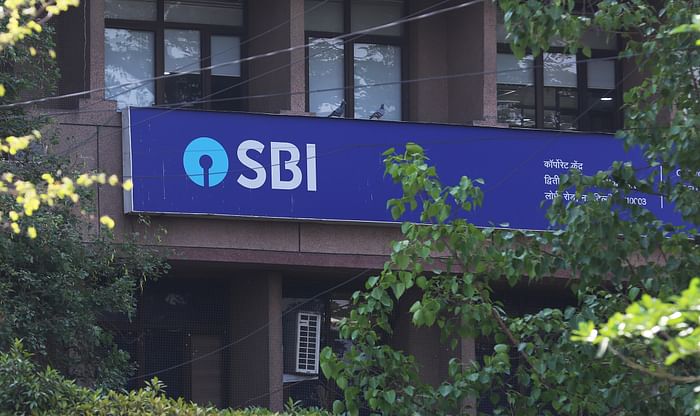The total amount of unclaimed deposits transferred to the Reserve Bank of India (RBI) by public sector banks (PSBs) in respect of deposits, which have not been operated for 10 years or more, stood at ₹35,012 crore.
State Bank of India (SBI) had the highest amount of unclaimed deposits at ₹8,086 crore, followed by Punjab National Bank (PNB) at ₹5,340 crore, and Bank of Baroda at ₹3,904 crore.
Minister of State in the Ministry of Finance Bhagwat Karad said banks are required to make an annual review of accounts in which there are no operations for more than one year and may approach the customers and inform them in writing that there has been no operation in their accounts and ascertain the reasons for the same.
“Banks have also been advised to consider launching a special drive for finding the whereabouts of the customers/legal heirs in respect of accounts which have become inoperative, i.e., where there are no transactions in the account over a period of two years,” says the minister.
Banks are also required to display the list of unclaimed deposits or inoperative accounts, which are inactive or inoperative for 10 years or more on their websites. The list should also contain the names and addresses of the account holders in respect of unclaimed deposits or inoperative accounts. “Finally, banks have been advised by the RBI proactive role in fin to play a more ding the whereabouts of the account holders whose accounts have remained inoperative.”
On the privatisation of PSBs, the minister said in the Union Budget for FY 2021-22, the government’s intent to take up the privatisation of two public sector banks and one public sector general insurance company, along with the approval of a policy of strategic disinvestment of public sector enterprises, was announced. “Consideration of issues related to disinvestment and decision…in case of strategic sale is entrusted to the Cabinet committee,” he said.
The junior minister in the finance ministry, on the recapitalisation of public sector banks (PSBs), had last week said that the total amount of recapitalisation of PSBs during the last five years (FY2017-18 to FY 2021-22) amounted to ₹2,86,043 crore.
As per the minister, the financial health of PSBs has improved significantly, enhancing their ability to raise capital (in the form of both equity and bonds) from the market. “Since FY 2017-18, PSBs have mobilised capital of ₹2,64,002 crore from the market.”
He said this improvement is evident, with the PSBs’ net profit of Rs 66,540 crore during FY2021-22 and ₹70,167 crore during the first 9 months of FY2022-23.
“Asset quality has improved significantly, with Gross NPA and Net NPA ratios reducing from 14.58% and 7.97% in March 2018 to 5.53% and 1.45% in December 2022, respectively,” said the junior minister. The data also shows the capital-to-risk-weighted assets ratio has also improved from 11.66% in March 2018 to 14.45% in December 2022, the minister added.
Follow us on Facebook, Twitter, YouTube & Instagram to never miss an update from Fortune India. To buy a copy, visit Amazon.
Share the article
Your email address will not be published. Required field are marked*
Singh, who took over as the Assocham President last week, also said India continues to be a bright spot in the global economy.
In its ‘Asian Development Outlook’ report, the bank forecasts India’s GDP to grow by 6.7% in FY25 on healthy domestic demand.
State Bank of India has the maximum unclaimed deposits of ₹8,086 crore in 2.17 crore accounts.
The reopening of the Chinese economy is important for the short term prospects of the global economy, including India, says World Bank’s Auguste Tano Kouame.
Singh, who took over as the Assocham President last week, also said India continues to be a bright spot in the global economy.
In its ‘Asian Development Outlook’ report, the bank forecasts India’s GDP to grow by 6.7% in FY25 on healthy domestic demand.
State Bank of India has the maximum unclaimed deposits of ₹8,086 crore in 2.17 crore accounts.
The reopening of the Chinese economy is important for the short term prospects of the global economy, including India, says World Bank’s Auguste Tano Kouame.

